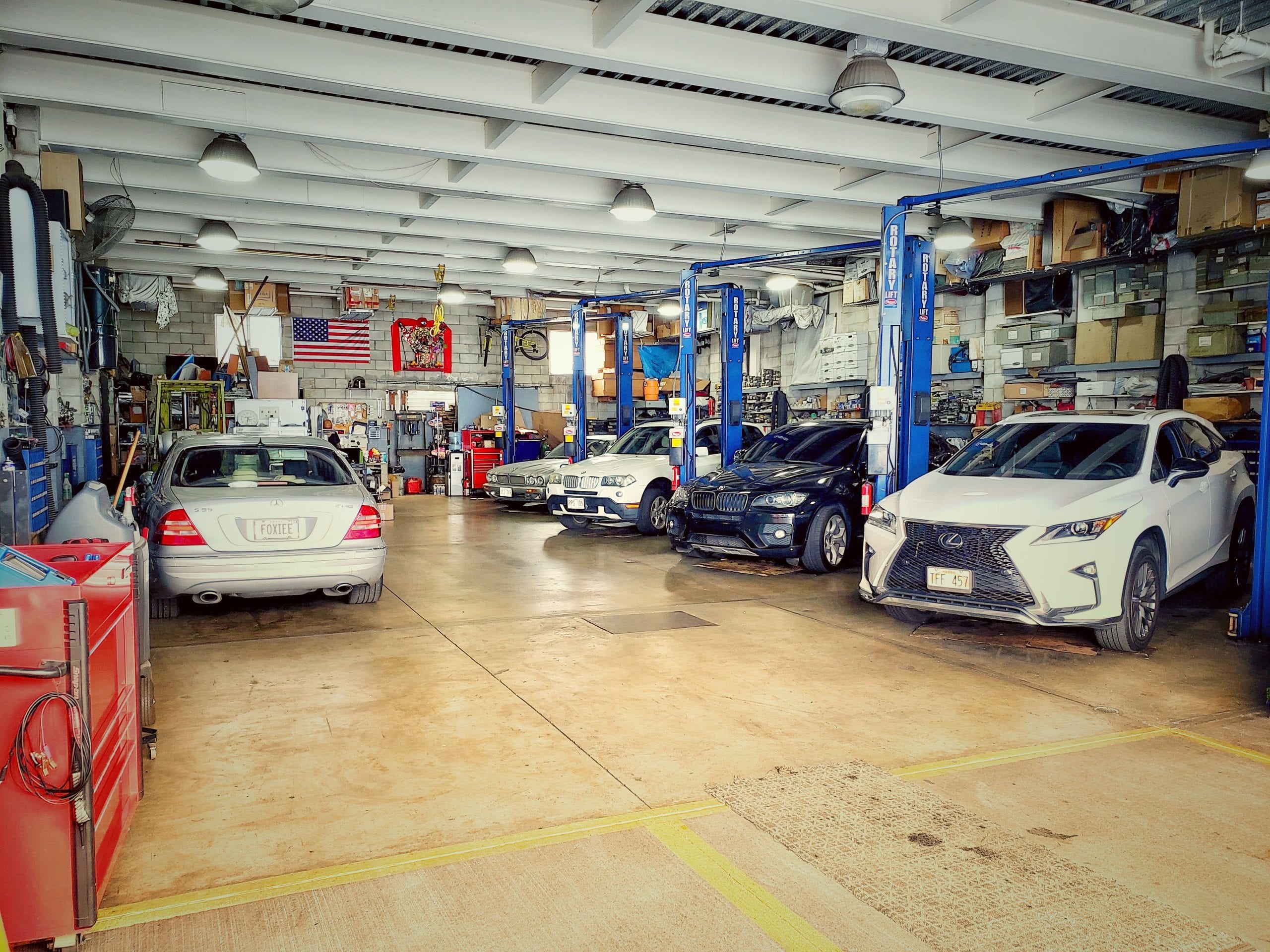All Categories
Featured

[/image]

Your automobile's engine is the heart of your vehicle, and keeping it in leading condition is important for ideal performance and longevity. Normal engine tune-ups are an excellent means to preserve your automobile's wellness, boost gas performance, and stay clear of expensive fixings later on. Whether you're a cars and truck lover or a person that just wishes to keep their vehicle running smoothly, these engine tune-up ideas will help you obtain one of the most out of your car.
- Change Spark Plugs. Ignition system play a critical function in starting your engine and making sure smooth combustion. Gradually, trigger plugs can end up being dirty or used out, causing misfires, reduced fuel efficiency, and rough idling.
During an engine tune-up, examine and replace your ignition system if needed. Many lorries call for new spark plugs every 30,000 to 100,000 miles, relying on the kind. On a regular basis replacing ignition system guarantees appropriate ignition and optimum engine performance.
- Inspect and Clean the Air Filter. The air filter protects against dirt, dust, and debris from entering your engine. A stopped up or unclean air filter limits air flow, creating your engine to function more challenging and burn more fuel.
Examine your air filter throughout a tune-up and change it if it's dirty. In dirty settings or areas with heavy contamination, you might need to change the air filter more often. A tidy air filter can enhance fuel effectiveness and extend the life of your engine.
- Inspect and Replace Belts and Tubes. Belts and tubes are important for numerous engine features, such as powering the generator, water pump, and a/c system. With time, these parts can fracture, fray, or put on out, possibly resulting in failures.
During a tune-up, check belts and pipes for indicators of wear and change them if required. Replacing these components proactively can conserve you from expensive repair work and protect against unexpected failings.
- Tidy the Gas System. Your gas system, including the gas injectors and fuel lines, can gather dirt and carbon deposits in time, lowering engine performance. Cleaning the fuel system throughout a tune-up assists boost efficiency and fuel economic climate.
You can utilize a fuel system cleaner or have a professional mechanic execute an extra detailed cleaning. This step is especially crucial for older lorries or autos that frequently drive in stop-and-go web traffic.
- Examine the Battery and Billing System. A healthy battery is crucial for starting your engine and powering electrical components. Throughout a tune-up, inspect the battery terminals for corrosion and make sure the connections are limited.
Check the battery's voltage and replace it if it reveals signs of weak point. In addition, have the alternator and billing system checked to guarantee your battery stays charged during procedure.
- Change the Engine Oil and Oil Filter. Oil adjustments are an essential component of engine maintenance. Engine oil lubricates moving parts, lowers friction, and aids regulate engine temperature level. Gradually, oil ends up being polluted and loses its efficiency.
Throughout a tune-up, replace the engine oil and oil filter to maintain your engine running smoothly. Follow your car's supplier referrals for oil type and adjustment intervals.
- Evaluate the Cooling System. The air conditioning system stops your engine from overheating. Gradually, coolant can degrade or become contaminated, minimizing its efficiency.
Examine the coolant level and problem during a tune-up, and flush and replace it if needed. Inspect the radiator, water pump, and pipes for leakages or damage. A well-kept cooling system helps your engine run at the best temperature level and stops overheating.
- Check the Ignition System. A malfunctioning ignition system can create starting problems and decreased engine efficiency. Throughout a tune-up, examine the ignition coils, representative cap, and rotor (if appropriate) Change any type of components that reveal indications of wear or damages to guarantee smooth and reliable engine operation.
- Listen for Uncommon Noises. During a tune-up, take the chance to pay attention for any type of uncommon engine sounds, such as knocking, ticking, or hissing. These audios can indicate underlying problems, such as valve problems, loose components, or exhaust leakages. Attending to these issues early can stop more comprehensive damages.
- Use High Quality Parts and Fluids. When performing an engine tune-up, always make use of high-quality components and fluids that fulfill your automobile producer's requirements. Economical or inaccurate components can compromise your engine's efficiency and dependability.
Conclusion: A Well-Tuned Engine is Key to Longevity. Regular engine tune-ups are important for preserving your vehicle's performance, effectiveness, and reliability. By changing used elements, cleansing crucial systems, and attending to potential problems, you can keep your engine running smoothly for years ahead. Whether you're doing it yourself or relying upon a relied on technician, investing in tune-ups is a smart method to safeguard your car and delight in a more secure, smoother trip.
Latest Posts
Discover WyHy Federal Credit Union – Exclusive Benefits for Your Financial Success
Why Routine Vehicle Maintenance at Montclare Auto Repair Keeps Your Wallet Happy
Seamless Aluminum Rain Gutters: The Smart Selection for Your Home
More
Latest Posts
Discover WyHy Federal Credit Union – Exclusive Benefits for Your Financial Success
Why Routine Vehicle Maintenance at Montclare Auto Repair Keeps Your Wallet Happy
Seamless Aluminum Rain Gutters: The Smart Selection for Your Home